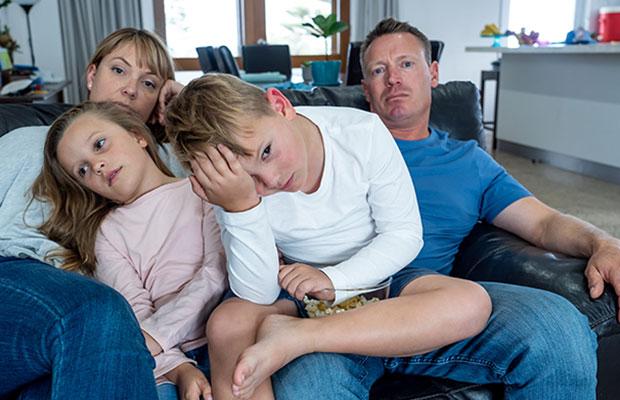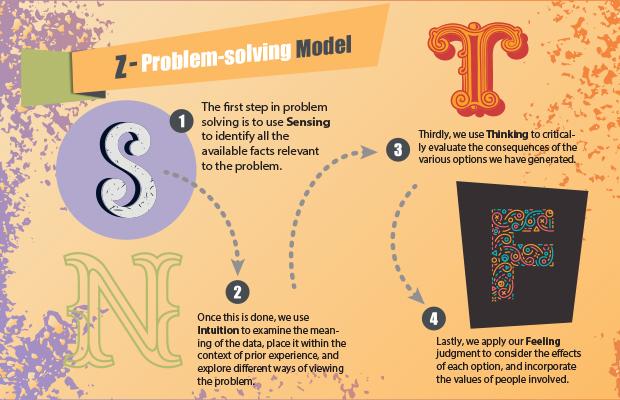Two Worlds: Extraversion and Introversion
My mother didn't know about Carl Jung, Myers and Briggs, the MBTI® assessment, or personality type, but she sure knew about people differences and extraversion and introversion. She seemed aware that sometimes I lived by what went on in the outer world of people and what I heard from others, while at other times I lived by the inner world of impressions and thoughts.
She had a message: sometimes answers and ideas are found with help from the outer world and sometimes they are found within. I got this message through her words.
When I pleaded: "But Mom, everybody is..." She replied, "If everybody jumped off a bridge would you jump off a bridge?" At other times, she'd say "Have you found out what YOU think?"
Thoughts on this came to me at the gym last week where, near the entrance lounge, where a small group of tweens clustered around one girl who held a cell phone. Hushed voices spoke:
"Do you want them to know?"With so many external voices flying around, I wondered if her inner voice was audible or was being drowned out. It would have been ideal if she really knew whether she even wanted to send a text, or what she wanted to say, when and in what words. Would she take time to reflect before she responded? Did she know she could stop and think on it before hitting send?
"You should say..."
"Yeah, but first say..."
I find it troubling that the words "extraversion"and "introversion" (and active access to both) are often misapplied or misunderstood as mutually exclusive descriptions of sociability. When applied to people as a static label they seem much less helpful than my mother's approach.
When interacting with children (and adults) I try to keep both the extraversion and introversion preferences alive as common aspects we all share. Jung cautioned about one sidedness. He believed there are no pure and simple introverts and extraverts. It's more complicated than that. In my mind, it's more helpful to support the differentiation and use of both than it is to categorize social behavior. For example, when our hurried family lives are lived "on the fly," those brief (and precious) discussions with kids could be enriched by carving out some time for reflection.
I try to rely on the "communication cycle" which includes both reflection and expression. Some of us tend to move from reflection to expression while others tend to express first and then reflect on what's been said. Very often, after thoughts are verbalized and discussed, additional outlooks appear from reflection or chatting with others. It's helpful to have a follow-up discussion to add, modify, or clarify. Reviewing and summarizing decisions with your children can help ensure everyone truly understands the issue.
What are other ways to honor both extraversion and introversion? Rather than saying, "Pay attention." I could ask: "Are you paying attention to what's inside your head or outside your head?"
"What does that person say?" becomes a two-part question. "What do your friends say and what do you say to yourself?" Or "How often are you talking to and listening to others about the issue and how often are you talking and listening to yourself about the issue?" These sorts of prompts promote the awareness and use of turning both inward and outward.
The way I explain it may not be the way my mother would have, and the words may not be the same, but hopefully I'm passing on the intent of the message she gave me. You are under the influence of two worlds. I hope you become familiar with how and when they influence you. I hope you have experiences which allow you to know when to use each as the most relevant and helpful resource for information, inspiration, and energy.



_thumb.png)


































































.png)

_thumb.png)



x.png)

.png)
.png)
